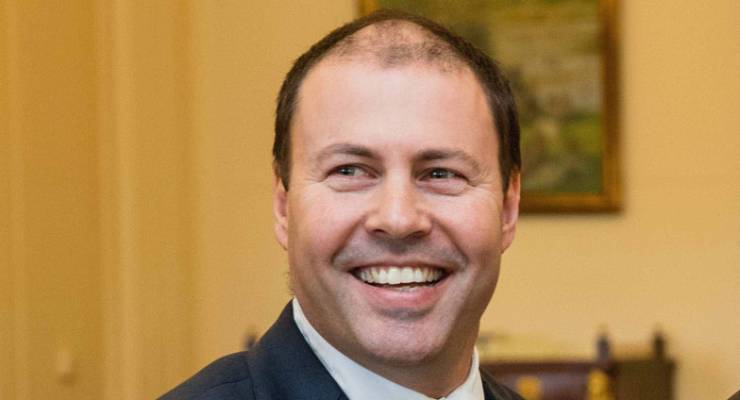
Week one of the Marrakech climate negotiations was a roller coaster of emotions as shock and grief at the Trump ascendancy was met with gritty resolve and some strong national responses, including from Australia.
As ministers and heads of state arrive this week, including our Foreign Minister Julie Bishop and Environment Minister Josh Frydenberg, that resolve will need to be built on. Strong political signals as well as substantive progress and clear timelines in detailing the Paris climate agreement’s rule book will be important. And, as the Trump presidency approaches, that will need to be followed up with continued development of credible policy, aligned with the objectives of the Paris agreement, for net zero emissions and greater climate resilience.
Australia surprised and delighted many with its ratification of the Paris climate agreement just two days after the US election. Backed by a bipartisan parliamentary committee’s support, and a clear statement from leading ministers that the agreement and its objectives were in our national interest, there was little choice but to press on. Nonetheless, recent weeks of political point scoring in the aftermath of the South Australian blackouts and the announcement of the March closure of Hazelwood power station meant this was no sure thing. Ratification evoked both relief and respect.
But ratification of an international agreement is one thing, credible policy to deliver on it is another. Australia’s policy suite just happened to be destined for the spotlight this weekend. On Saturday, delegates gathered in the Casablanca Plenary Hall to ask questions of Australia and some other developed countries whose turn it was under a “multi-lateral assessment” forum.
[Even rain can’t stop the parade on day one of Morocco climate conference]
This is part of the architecture for developed nations, and is as much information-sharing and education as it is testing of resolve. Rules are under discussion for a similar process for all nations under the Paris agreement of all 190 nations.
On the day, Australia received more questions than any other country. With a focus on 2020 goals under the Kyoto Protocol however, this was unlikely to provide a “gotcha” moment for the paucity of policy for longer-term goals. That proved to be the case, but there were some interesting insights nonetheless.
Australia has continued to maintain its confidence that it will meet and beat its 2020 target. The Paris agreement was accompanied by a decision, backed by Australia and others, that countries would seek to lift pre-2020 ambition. So it was no surprise that China asked if Australia might “enhance” its target. Australia responded that the 2020 target was “not a ceiling on our ambition” but declined to formalise this in any way.
The $2.55 billion Emissions Reduction Fund was highlighted as the “centrepiece” of the government’s 2020 policy package. There was no reference to the fact that this is more than two-thirds committed and likely to be run down next year. With no clarity from the government as to any further funding, and nothing extra promised during the 2016 election campaign, our diplomats could not answer questions from the US regarding the future of this “centrepiece”.
The government’s 2017 review of climate policies will be the time to build a credible and scalable national policy for 2030 targets and beyond. Critically, this review will consider longer-term post-2030 targets. This was the Abbott’s government policy, and Australia reaffirmed last month, in a written response to China, that it would consider longer-term targets as part of that review.
The importance of longer-term considerations was underlined when news broke that Germany has agreed to a draft plan to reduce emissions to nearly zero by 2050. The plan has sector targets out to 2030, including a halving of emissions from the energy sector by 2030, and brings greater clarity to a just transition process for coal phase-out. Earlier in the week, the conservative UK government released its plan to phase out coal power by 2025.
These are the matters that Australia will need to sort out if it is to display its continued commitment to the Paris agreement and our national interest in its success. Some in government and media have said these sorts of goals are just sops to “the green vote”, but they go to the credibility of our commitment. While our ministers will need to work with others this week to underline the resilience of the Paris agreement, the bigger tests are coming in the months ahead, as the government undertakes its 2017 review.
*John Connor is CEO of The Climate Institute, an independent research organisation, which last week released its guide to the Marrakech Talks COP22: Getting down to getting to zero.







Carbon-taxing nations are able to apply carbon tariffs to imports from nations that do not. Carbon tariffs are permitted by the WTO. It is one way to tax the carbon emissions of the unwilling.